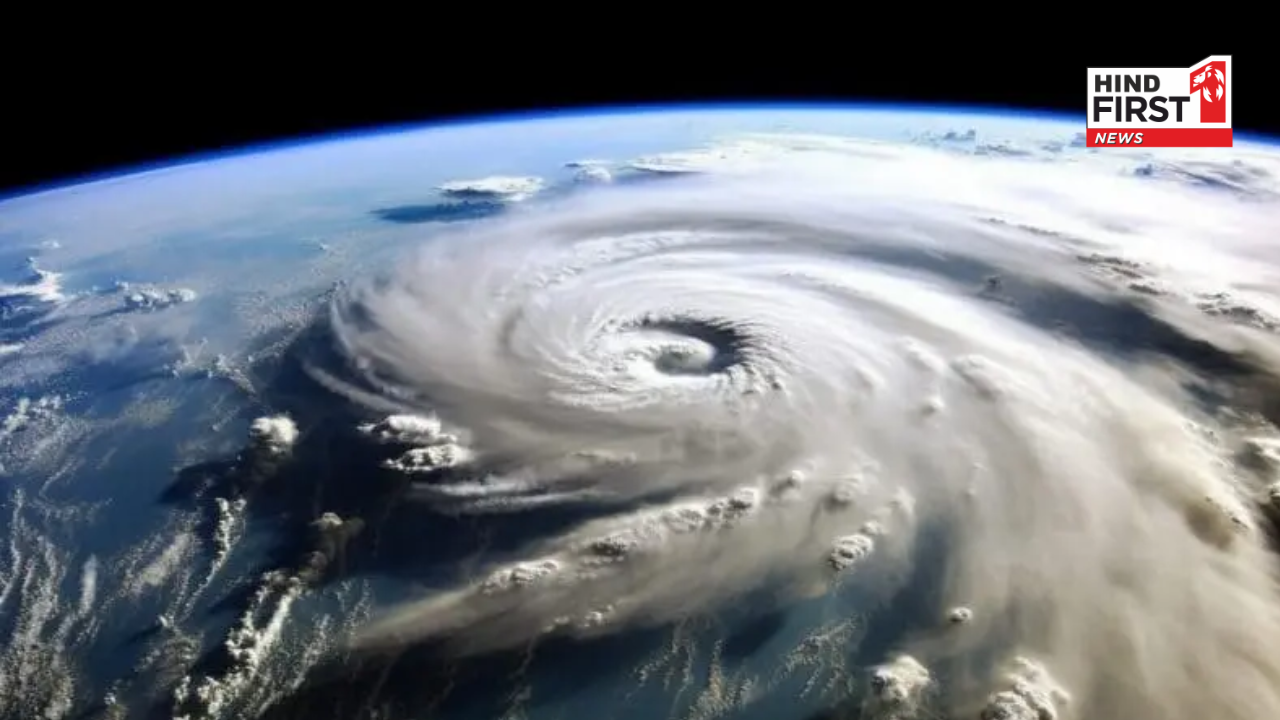Cyclone Asna: Impact and Key Details to Know
Cyclone Asna: The India Meteorological Department (IMD) has issued a forecast for a new cyclone forming over the north Arabian Sea, off the coast of Gujarat, on Friday, August 30.
Current Situation
A deep depression that has caused heavy rainfall in Gujarat for the past three days is expected to move westward along the coast of Pakistan and Iran. Over the next 12 hours, this depression is predicted to shift into the northeast Arabian Sea near Kutch and adjoining Saurashtra, intensifying into a cyclonic storm.Cyclone Asna: Key Details
Once the depression evolves into a cyclonic storm, it will be designated Cyclone Asna. The name, given by Pakistan, translates to "one who deserves recognition or praise" in Urdu.Impact on Gujarat
According to meteorologist Dr. Soma Sen Roy, Gujarat, particularly the Saurashtra and Kutch regions, will face extremely heavy rainfall. Cyclone Asna will be notable as the first cyclone to form in August in the North Indian Ocean (NIO) region since 1981, and the first in the Arabian Sea since 1976.Current Location and Conditions
As of August 29, the deep depression was situated 60 km northwest of Bhuj and 80 km northeast of Naliya in Gujarat, causing substantial rainfall in the area. A senior IMD official explained that the depression is expected to intensify into Cyclone Asna due to favorable conditions, including low wind shear and supportive atmospheric patterns. Also read:Weather Forecast: After reptiles in home, now crocodiles are inside campus in Gujarat, IMD said,Cyclone Formation
The formation of Cyclone Asna is linked to changes in wind patterns during the monsoon season and the moisture drawn from both land and the Arabian Sea. According to historical data, there have been 32 cyclones in the NIO region in August and only four in the Arabian Sea from 1891 to 2023. Next Story


